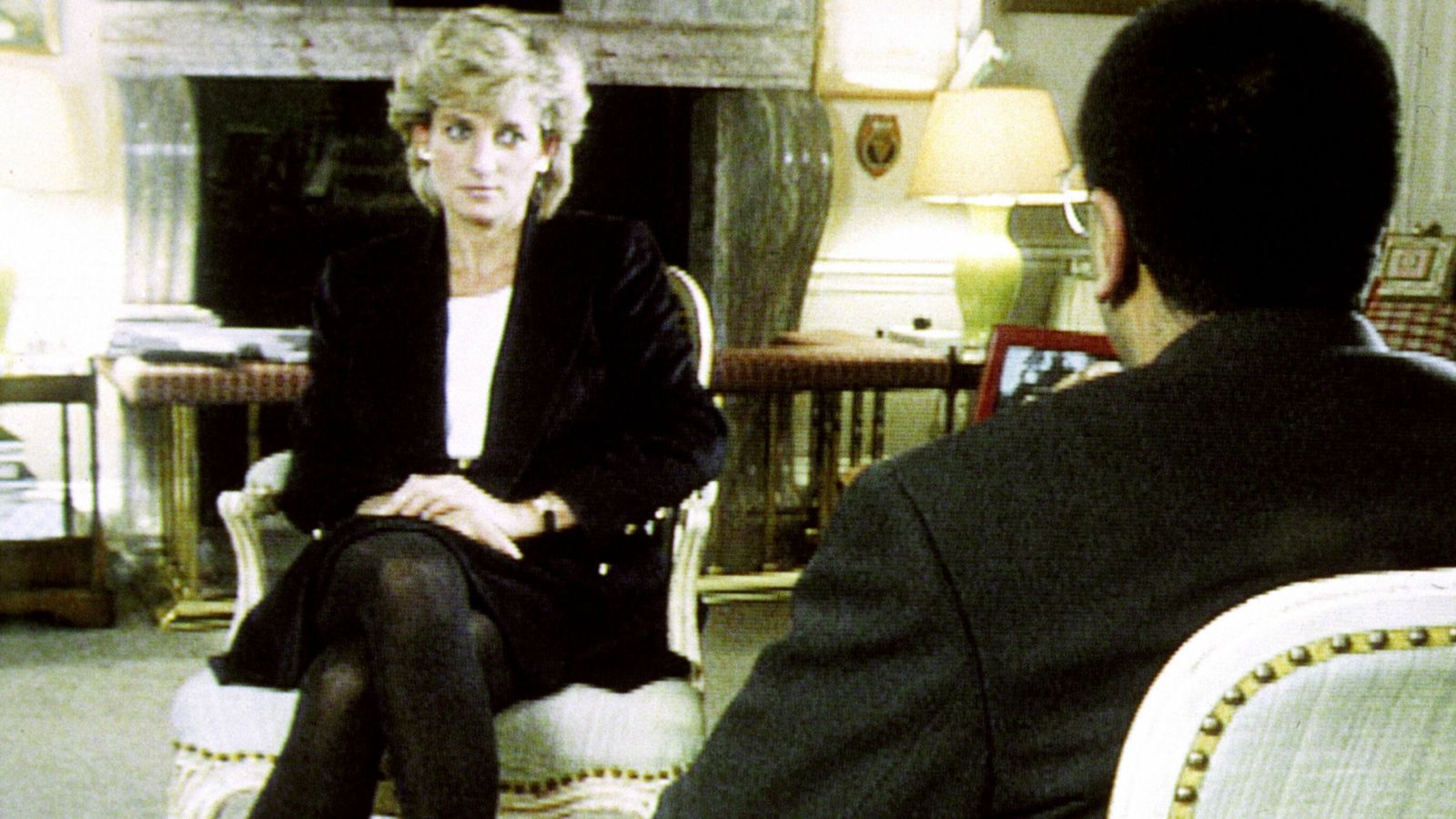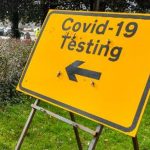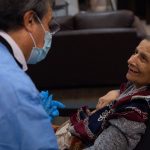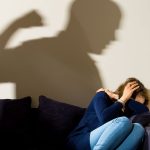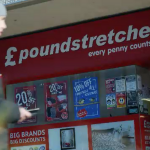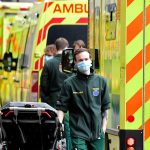At the time, the world couldn’t get enough of Princess Diana.
Everyone wanted that interview, and her decision to open up only fuelled further the demand to know more about her private life.
Only now, 26 years on, the build-up and the tactics used to encourage her to talk have been uncovered.
In 127 pages, Lord Dyson forensically details the BBC‘s internal investigation and the cover-up that meant the fact Martin Bashir had faked documents, while trying to secure the interview, had been hidden from the outside world.
In memos previously seen by Sky News, it was clear that the BBC knew Bashir had faked documents and Lord Hall had spoken to him about it. But Lord Dyson describes the internal investigation as “woefully ineffective”.
“The investigation did not achieve its purpose of getting to the bottom of what Mr Bashir had done or why he had done it,” he says.
A summary note from an internal meeting is particularly shocking. In it, Anne Sloman, the acting head of weekly current affairs, says: “The Diana story is probably now dead, unless Spencer talks.”
Speaking to Lord Dyson for the report, she admitted “it sounds a bit like the Mafia, but it wasn’t meant that way, I promise you”.
All the internal discussions were kept hush-hush, but journalists around the time of the interview were already asking questions about whether Bashir had told Diana she was being spied on.
Please use Chrome browser for a more accessible video player
The response to those journalists was another part of the cover-up, Lord Dyson finding that “the BBC covered up in its press logs such facts as it had been able to establish about how Mr Bashir secured the interview. By failing to do so, the BBC fell short of the high standards of integrity and transparency which are its hallmark”.
A lot is understandably being made of the impact on Diana, but don’t forget the whistleblowers who came forward all those years ago and told their bosses about the documents being faked.
The corporation was more intent on punishing those who they perceived as trying to overshadow “the scoop of the decade” than asking wider questions about those documents.
Today the likes of Matt Weissler, the graphic designer, can feel some small sense of relief as he was described in the report as “an entirely reputable designer”.
Over two decades on, they are revelations that will hit the BBC hard and its reputation.
You just have to think of how much has been made over the years about how the tabloid press and the paparazzi treated the princess during the final years of her life.
The report and apologies to the likes of Prince William and Prince Harry, and Diana’s brother Lord Spencer, are the BBC’s way of making amends. But with some in recent months discussing potential private prosecutions against some of those involved, we wait to see if anyone decides to take further action.
Lord Dyson may have suggested that Diana in some way may have wanted to talk publicly, but without the fake documents Lord Spencer would never have introduced his sister to Martin Bashir.
The fact the bank statements suggested palace officials were taking money to spy on her meant she no longer trusted some of those closest to her. The consequences of that, he believes, played a part in stoking her sense of paranoia – and no report or apology can repair the damage that caused.
